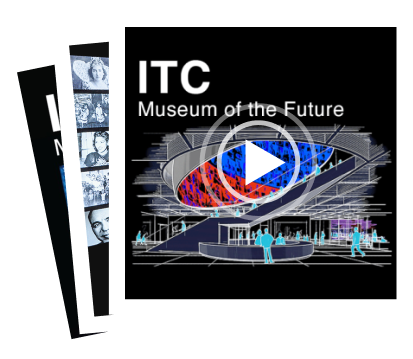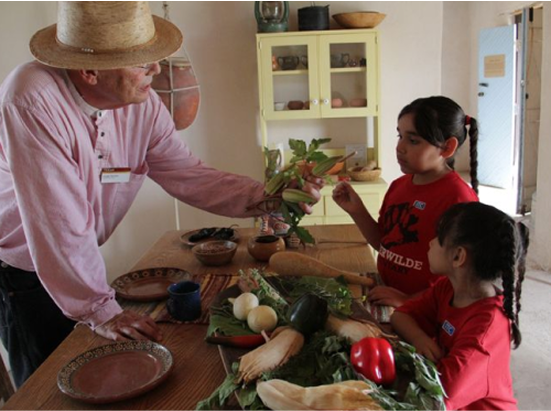Paragraphs
Featured

A Sneak Peek
When the Institute of Texan Cultures reopens in early 2026 at Frost Tower, visitors will be welcomed by a treasured…

Martin Records and the Multi-Ethnic Roots of Texas Music
In the 1940s independent record labels began to pop up throughout Texas. One of these small labels was Martin Records,…

New Home, Same Heart: A New Era for the ITC Begins
Construction is underway at the ITC’s new place in Frost Tower. Over the past year, there’s been a flurry of activity…
News
Get the latest news on what is happening at the Institute of Texan Cultures.

New Home, Same Heart: A New Era for the ITC Begins
Construction is underway at the ITC’s new place in Frost Tower. Over the past year, there’s been a flurry of activity…

Be Part of the Excitement – And the Exhibit!
The Institute of Texan Cultures is reopening in a big way at our new temporary location in Frost Tower. Slated to open…

A Fresh Look for the ITC: New Website Launching This August
Big things are happening at the Institute of Texan Cultures (ITC), and it all starts online. ITC web designers are…

